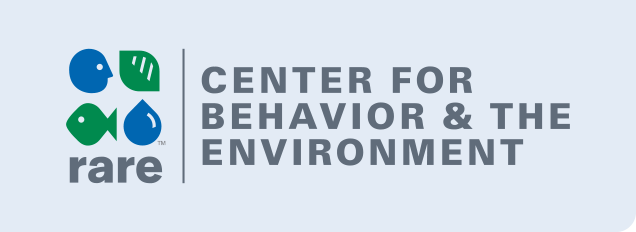How can behavioral science help resolve environmental challenges globally?
The Center for Behavior & the Environment (BE.Center), alongside the with The Scientific and Technical Advisory Panel (STAP) of the Global Environmental Facility (GEF), set out to identify evidence-based interventions that have used behavioral science effectively by developing both a comprehensive literature review on the science of changing behavior for environmental outcomes and a practical guide that dives into the “how” of behavioral design.
In the report The Science of Changing Behavior for Environmental Outcomes, the team extensively reviewed existing literature to identify and describe behavior change interventions that have solved problems in
- Biodiversity conservation
- Climate mitigation
- Water management and conservation
- Waste management, and
- Land management
In the report Behavior Change Interventions in Practice, the team created a comprehensive “document [that] seeks to cover the ‘how’ of behavioral design by sharing criteria, insights, and best practices.” This includes a review of various behavior change approaches, an exploration of case studies, and effective measuring and evaluation practices.
The GEF is one of the world’s largest environmental donors, giving over $21 billion in the last 30 years. By sharing the latest science-backed insights and practical guidance with this panel, we are changing the way conservation is done in nearly every corner of the globe, resulting in stronger solutions when we need them the most.

